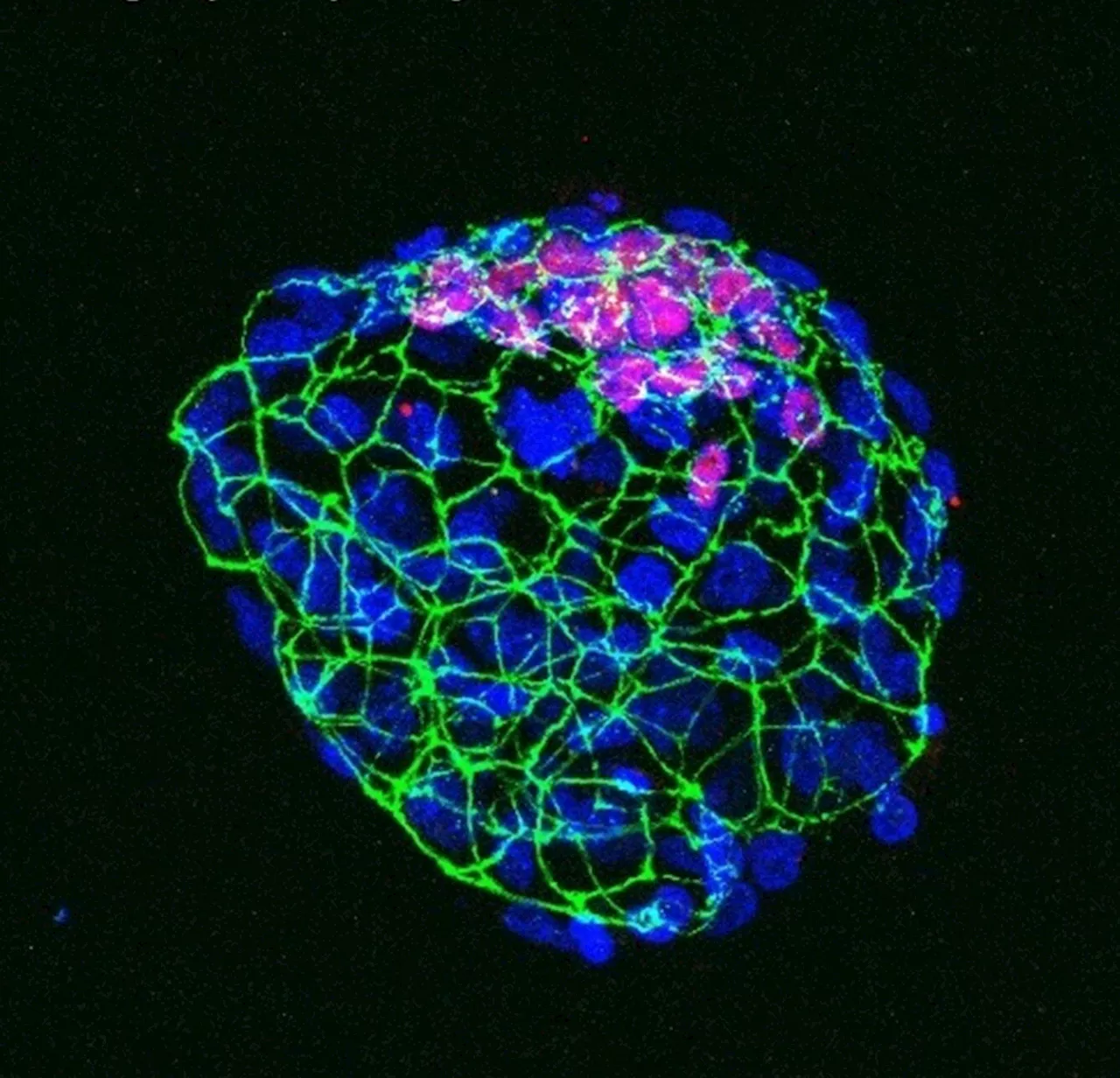Study finds minor differences in dietary adherence and its impact on cardiovascular and kidney outcomes across diabetes endotypes, indicating limited evidence for endotype-specific dietary guidelines.
By Dr. Sushama R. Chaphalkar, PhD.Apr 28 2024Reviewed by Susha Cheriyedath, M.Sc. In a recent cross-sectional study published in the journal Nutrition , Metabolism and Cardiovascular Disease s, researchers in Germany assessed the dietary pattern adherence among different diabetes endotypes and their associations with cardiovascular risk factors, kidney function, and neuropathy.
To address this gap, researchers in the present study examined the adherence to specific diets and their associations with cardiovascular risk factors, kidney function, and neuropathy across five diabetes endotypes: severe autoimmune diabetes , severe insulin-resistant diabetes , severe insulin-deficient diabetes , mild obesity-related diabetes , and mild age-related diabetes .
Analyses included assignment of diabetes endotypes, comparison of dietary pattern adherence, assessment of associations with outcome variables, interaction analyses using multivariable linear and logistic regression, and sensitivity analysis.
Blood Blood Pressure Cardiovascular Disease Diet Food Insulin Kidney Kidney Disease Lipids Meat Mediterranean Diet Metabolism Mortality Neuropathy Nutrition Type 2 Diabetes
United Kingdom Latest News, United Kingdom Headlines
Similar News:You can also read news stories similar to this one that we have collected from other news sources.
 Study confirms the mental health benefits of weight training for older individualsWeight training can help reduce body fat and increase muscle strength and mass in older people, contributing to functional autonomy and avoidance of falls and injury.
Study confirms the mental health benefits of weight training for older individualsWeight training can help reduce body fat and increase muscle strength and mass in older people, contributing to functional autonomy and avoidance of falls and injury.
Read more »
 Study sheds light on how androgens shape sex differences at the cellular and molecular levelsSex differences are widespread across human development, physiological processes, and diseases, making it important to characterize the impact of sex differences in these areas.
Study sheds light on how androgens shape sex differences at the cellular and molecular levelsSex differences are widespread across human development, physiological processes, and diseases, making it important to characterize the impact of sex differences in these areas.
Read more »
 Study provides valuable insights into the DCB-only strategy for left main coronary artery diseaseSanna Uskela et al., at North Karelia Central Hospital-Heart Center, Finland, conducted a retrospective single-center registry study that focused on the use of drug-coated balloon (DCB)-only strategy for treating de novo left main coronary artery disease.
Study provides valuable insights into the DCB-only strategy for left main coronary artery diseaseSanna Uskela et al., at North Karelia Central Hospital-Heart Center, Finland, conducted a retrospective single-center registry study that focused on the use of drug-coated balloon (DCB)-only strategy for treating de novo left main coronary artery disease.
Read more »
 PFAS exposure from high-seafood diets may be underestimated, finds studyA Dartmouth-led study suggests that people who frequently consume seafood may face an increased risk of exposure to PFAS, the family of ubiquitous and resilient human-made toxins known as 'forever chemicals.'
PFAS exposure from high-seafood diets may be underestimated, finds studyA Dartmouth-led study suggests that people who frequently consume seafood may face an increased risk of exposure to PFAS, the family of ubiquitous and resilient human-made toxins known as 'forever chemicals.'
Read more »
 Study finds embryos in hungry mouse moms postpone developmentIt's challenging to sustain a pregnancy when food is short, or conditions are otherwise tough. That's why many mammalian embryos can postpone their growth to get through periods of environmental stress and then re-enter development when conditions improve.
Study finds embryos in hungry mouse moms postpone developmentIt's challenging to sustain a pregnancy when food is short, or conditions are otherwise tough. That's why many mammalian embryos can postpone their growth to get through periods of environmental stress and then re-enter development when conditions improve.
Read more »
 Study shows effect of socio-economic factors that predict diabetic patients' risk of heart failureA recent study by Case Western Reserve University used national data from U.S. military veterans with diabetes to validate and modify a widely accepted model used to predict the risk of heart failure in diabetic patients.
Study shows effect of socio-economic factors that predict diabetic patients' risk of heart failureA recent study by Case Western Reserve University used national data from U.S. military veterans with diabetes to validate and modify a widely accepted model used to predict the risk of heart failure in diabetic patients.
Read more »
